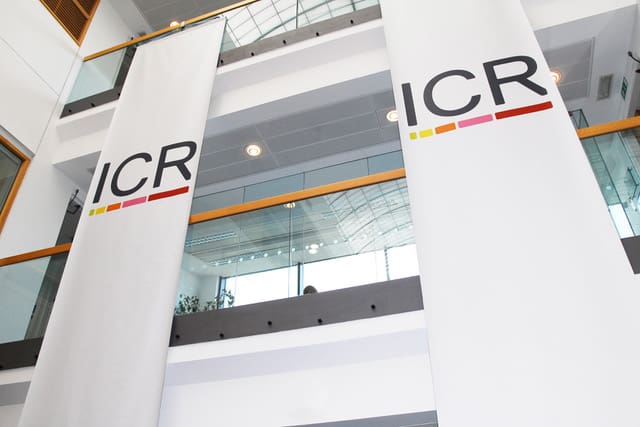
Scientists at The Institute of Cancer Research (ICR) in London have created a prototype test that can predict which drug combinations are most likely to work for cancer patients within 24 to 48 hours.
The scientists tested the new technique on individual cancer cells in the lab, and on tumour cells isolated from lung fluid in patients diagnosed with non-small cell lung cancer (NSCLC).
The technique uses artificial intelligence (AI) to analyse large-scale protein data from tumour samples and can predict patients’ drug responses more accurately than current technology.
Genetic analysis of tumours can reveal mutations that are fuelling cancers growth, some of which can be targeted with treatment – but genomics alone does not provide sufficiently accurate predictions to help select the correct drug combinations for each patient.
The study has been published in the Molecular Cancer Therapeutics journal, with funding from the National Institute for Health Research (NIHR), Cancer Research UK, Wellcome and the ICR.
Professor Kristian Helin, chief executive of the ICR, London, said: “This new study is a great example of interdisciplinary collaboration, in integrating our understanding of cancer biology, AI and clinical medicine to provide proof of concept for a new test that can predict which combination treatments are most likely to work for patients.”
As part of the study, scientists carried out ‘proteomic’ analyses and observed changes in 52 key proteins and their interaction with each other in response to drug treatments. Machine learning algorithms were then trained by researchers to define the vital protein changes that key to predicting drug responses.
128 showed some level of synergy out of 252 total drug combinations, meaning the drug combinations were more effective than using the drugs individually. Of the 128, the AI test correctly identified the top five ranked combinations 57% of the time, while it correctly identified the top 10 ranked combinations 83% of the time.
Additionally, the test successfully identified combinations that have previously demonstrated potential, including combinations of trametinib and capivasertib in NSCLC lines with EGFR mutations.
While the new study establishes proof of concept, the test requires further authorisation before it can be used to treat patients. The study examined seven different drugs in multiple combinations, though researchers are planning a larger follow-up study in the future, which will test 15 drugs and look at 12,000 proteins involved in signal transduction instead of 52.




